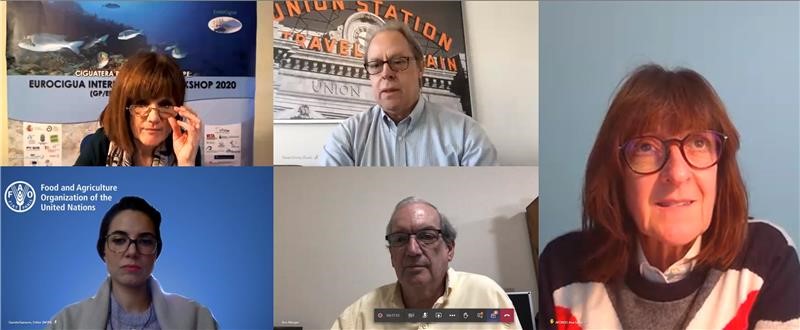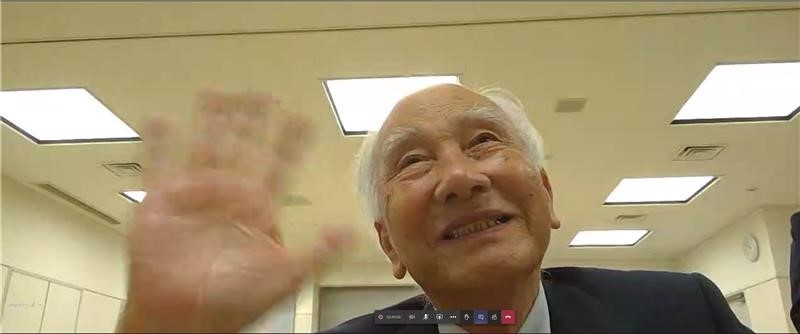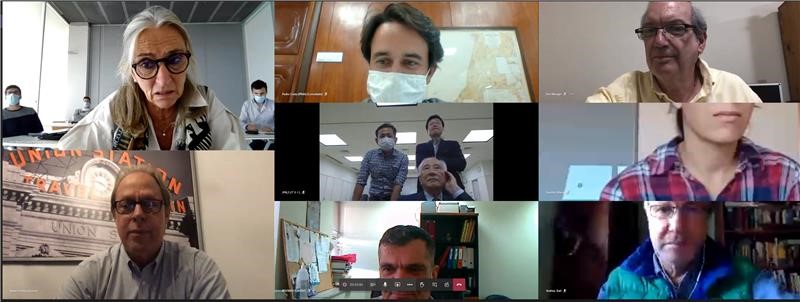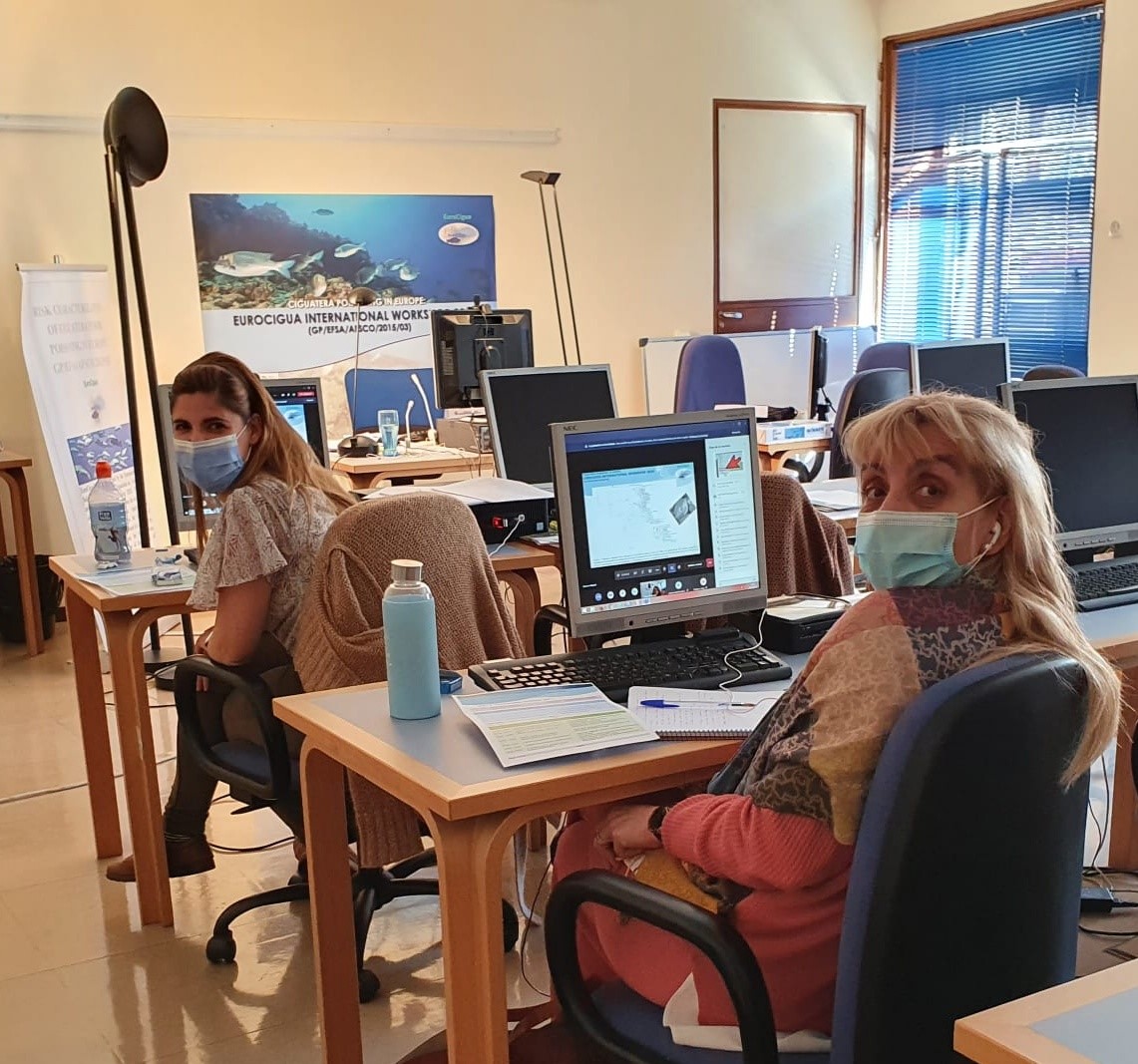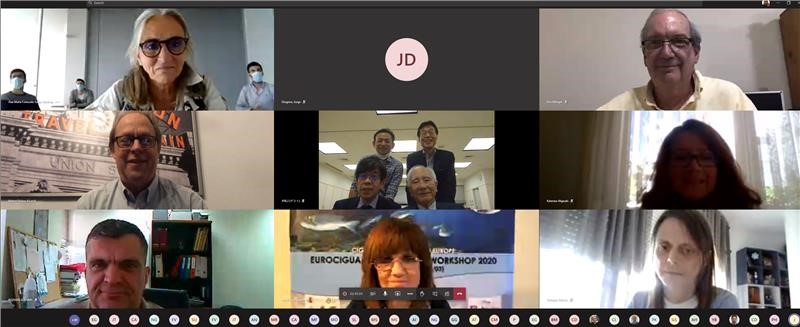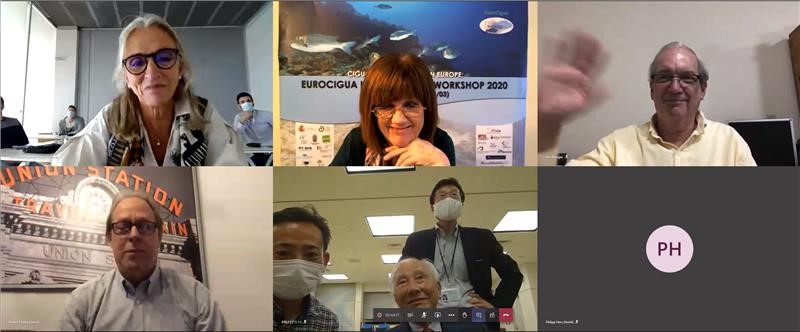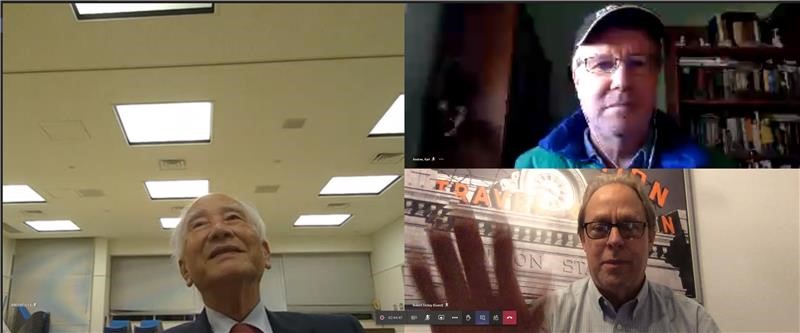International Workshop on Ciguatera in Europe. EuroCigua Project
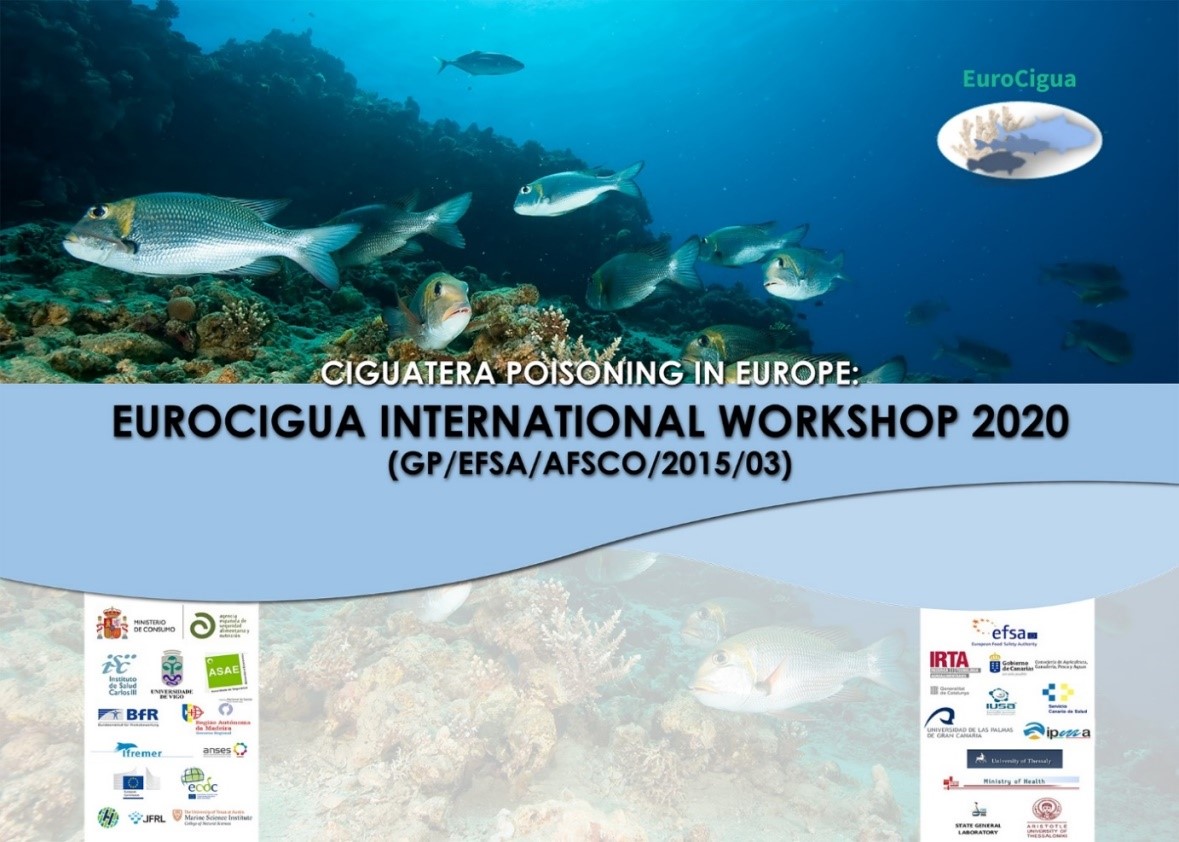
An international scientific meeting on Ciguatera was held on 14 and 15 October to mark the completion of the project Risk Characterisation of Ciguatera Food Poisoning in Europe. EuroCigua.
The meeting was conducted online, and it was attended by a total of 100 participants. Half of the attendees were the members and collaborators of the EuroCigua project consortium from EU nations and the rest were international experts on ciguatera poisoning from other areas such as the US, Canada, Australia and Japan, and from different European and international organisations.
The EuroCigua project began in April 2016 and will end in January 2021. It is a Framework Partnership Agreement to characterise the risk of ciguatera food poisoning in Europe. AESAN has coordinated this project in collaboration with fifteen scientific institutions from six Member States (Spain, Portugal, France, Germany, Greece and Cyprus), creating a multidisciplinary team with an Advisory Board consisting of leading international experts on ciguatoxins. EuroCigua is divided into four sub-projects: Management and Scientific Coordination, with AESAN as the leading Institution; Epidemiology, coordinated by the National Centre for Epidemiology of the Carlos III Health Institute (CNE-ISCIII in Spanish); Evaluation of ciguatoxins in seafood and environment, coordinated by the Institute of Agrifood Research and Technology (IRTA in Spanish); and Characterisation of ciguatoxins present in the EU, including the development of reference materials, led by the University of Vigo (UVIGO).
Given the gravity of this emerging risk in Europe, the project has received a funding of 2 million euros of which 50% is financed by the EFSA and the other 50% has been provided by the project partners. This has made it one of the foremost European projects on food safety under the EFSA.
The meeting was meant to provide a platform for discussion prior to drafting the final project report. The primary results in all research areas of the project were presented. These results have allowed us to confirm the appearance of Ciguatera in the European Union, having identified native species of fishes with ciguatoxins in Macaronesia, Madeira and the Canary Islands. Additionally, the presence of Gambierdiscus in the Mediterranean Sea, Cyprus and Greece has also been confirmed, as well as its first appearance in the Balearic Islands. Analytical methods to characterise ciguatoxins have been developed, identifying C-CTX-1 as the primary component responsible for intoxication in this zone. Additionally, reference materials that will allow us to improve the techniques to detect these toxins have been developed within the network of national laboratories of reference in marine biotoxins.
Top-level experts from the European Union and other countries participated in this scientific forum for discussion on ciguatera food poisoning as an emerging risk in Europe. Dr. Takeshi Yasumoto, who pioneered research on ciguatoxins, along with other esteemed colleagues such as Dr. Robert Dickey from the University of Texas and Dr. Ronald Manger, researcher and regional scientific advisor to the US Food and Drugs Administration (FDA) were among those present. Apart from the presence of the European Food Safety Authority (EFSA), the event was also attended by representatives from the European Centre for Disease Prevention and Control (ECDC) and the United Nations’ Food and Agricultural Organization (FAO).
As a conclusion to the meeting, the EFSA acknowledged the importance of the results obtained over the 4 years that the EuroCigua project had lasted, as well as the fact the Consortium had created a network for scientific excellence which should continue to work in the future on those aspects that have been identified by the experts. This will aid in performing a complete risk assessment of this intoxication as well as in making greater progress on the creation of models for predicting outbreaks related to ciguatera.
